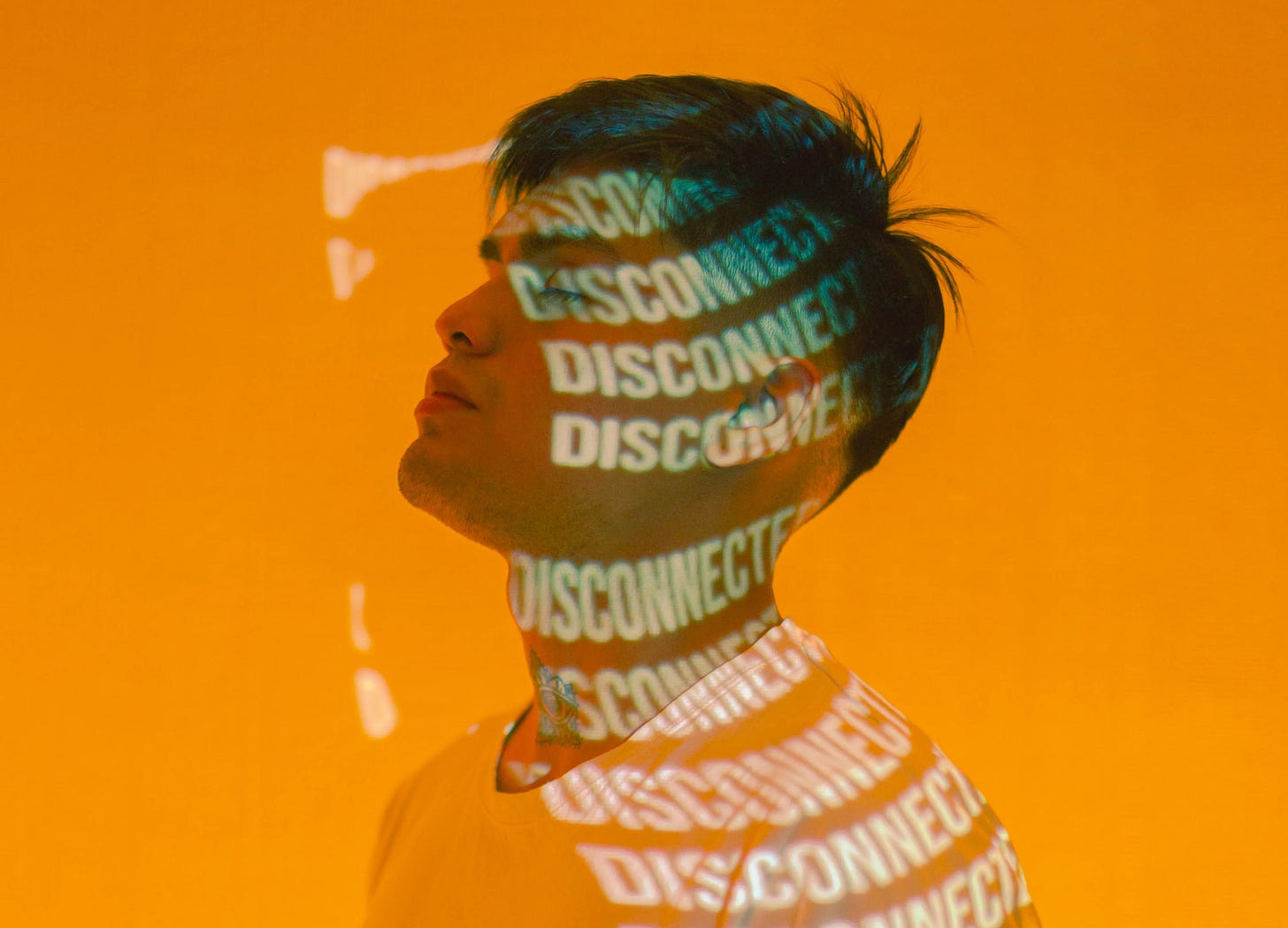The one piece of pandemic life we need to keep
How to make our mental health a top priority now and forever.
It’s starting to feel like the world is opening up again, doesn’t it? Travel is back (with the airport crowding and lost luggage to prove it), more and more offices are opening up, it’s a huge year for weddings, and the start of the new school year comes with fewer COVID rules and requirements than in recent memory.
But as we slowly get back to life as we knew it back in 2019, there’s one part of the “new normal” we all adjusted to that we should hang onto: Prioritizing our mental health.
During the pandemic, many people felt lonely and disconnected because we couldn't spend time with the people we cared about most. Now that life is starting to pick up again, everyone is doing doing doing, and going going going—in part because we haven't been able to for so long. But rather than do and go and say yes to every invitation on autopilot, it’s a good idea to pause and ask ourselves: Do I still feel alone or disconnected?
Recently there was a great article in the Washington Post about Vivek Murphy, the US Surgeon General. He’s a huge advocate for mental health and human connection, and wrote the book “Together: The Healing Power of Human Connection in a Sometimes Lonely World.”
There's a part in the article where he talks about a time he felt lonely, although he had an exciting new job as the surgeon general, and was also newly married. He says, “There were times in my life where my work was so intense and busy that I allowed my connections with people to wither and to diminish.” He was busy working, going, doing—but the people and connections who mattered most to him were being ignored. “It took a toll that I didn’t fully appreciate until much later, and it actually informed why I operate differently now,” he says in the article.
That realization—that he had neglected the people who contributed the most to his mental health—drove Murthy to write his book, and to continue advocating for mental health and well-being. He talks about how one of the biggest challenges with our mental health is connecting with others, reaching out and feeling we can ask for help. The fact is, even when you're surrounded by people, living your “normal” life again with your usual routines and responsibilities, you can still feel lonely and not connected.
Vivek Murthy’s experience struck a chord with me because lately I’m getting many invitations to participate in different business and social events. Rather than being reactive in my response and saying yes because it’s been a while since so many opportunities have come up, I’m pausing before I accept. I ask myself: Did I like doing this activity before? Is it worthy of my time? Have my priorities changed in the last few years, making this less important to me now?
If we’re giving in to pressure to go here or do that because we don’t want to let someone down, even though we may be tired or stressed, then we’re operating from a place of fear. And when we’re exhausted and fearful, we have a hard time connecting with anyone in a way that is meaningful. So we aren’t fully “showing up” and connecting—and that creates more loneliness. It's a vicious cycle.
We are human beings, not human doings. We can all be intentional about where we are spending our time, we can step back and think about what activities really satisfy our cravings for connection, and what and who fuels our mental wellness.
It’s human nature to think back and remember our pre-pandemic lives as so amazing. We tend to romanticize what we couldn’t do once COVID came. That tendency to remember things as better than they were is part of being resilient, of bouncing back. But let’s bounce forward and remember that we’ve developed a newfound appreciation of what and who matters most to us. And we can use that knowledge not to bring our lives “back to normal” but instead create a new, healthier normal where we can all thrive.
📚 What I’m reading: Vivek Murthy’s book, “Together: The Healing Power of Human Connection in a Sometimes Lonely World.” I want to share it with everyone I know.
🎧 What I’m listening to: Sam Harris just had Arthur C. Brooks on his “Making Sense” podcast. The episode is called “Where is Happiness”, and they explored a lot of different themes including faith, the nature of love, and social comparison. It’s really good.
📺 What I’m watching: “How to Change Your Mind”, a Netflix docuseries by Michael Pollan, is really interesting. It gives you the whole history of psychedelics, from their traditional use in indigenous cultures, to the practice of using microdoses to treat mental illness—and where club kids fit into the whole history. It’s a controversial topic but I learned so much.







"We are human beings, not human doings." Brilliant statement. Thank you, Jen.
The idea of pausing and asking a question about what’s important to me know before reacting to a request is such an important leadership skill. The ancient practice of contemplation is missing in modern day life and work.